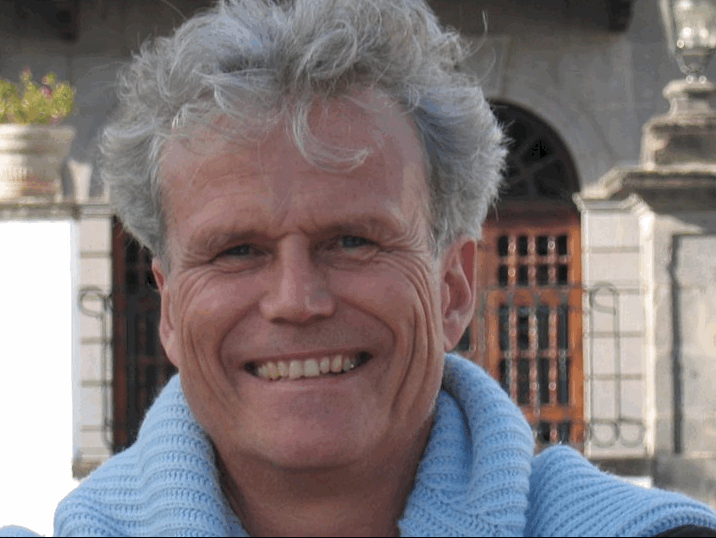
Conference on 27 June 2014: What do the critical technology trends mean for us?
This year's Euroscience Open Forum, ESOF2014, is taking place in Copenhagen - but not all events are happening in the capital. At the SDU university campus in the town of Sønderborg, we invite you to join a conference about critical technology trends with an international panel of speakers and participants.

Technology is in the process of fundamentally transforming our society into something we have difficulties imagining. How can we prepare for that?
Speakers from vastly different backgrounds of academia, industry, military, civic society and religion will meet in the Danish town Sønderborg on 27 June, 2014, to explore the new technology trends and engage in a renaissance style gathering to explore what might happen in our “brave new world”.
The conference will explore how technology has shaped our culture and society, and how new breakthroughs in nano-technology, open-source and the internet of things can show us the emerging contours in our current transition.
Information technology opened the door for the personal computer, the internet, digital goods and services, and soon comes the personal fabricator, partly based on 3D printing technology.
Nanotechnology is developing novel functional materials for space travel and medical implants, while advances in biotechnology are allowing designer organisms and personalized drugs to be encoded, transferred and printed off the internet, ultimately empowering us to change ourselves.
Artificial intelligence and artificial life are giving rise to smart devices that have the inherent capacity to self-repair, evolve and think on their own – ranging from drones and smart phones to medical diagnostic systems.
Technological advances coming together in collective and complementary ways has always been the basis for major transitions in human history. Each epoch is associated with a collective narrative that helps us make sense of our lives, our technology and our society, but our current narrative is severely challenged by the current technology transitions.
Arranged by: Initiative for Science, Society, and Policy (ISSP).